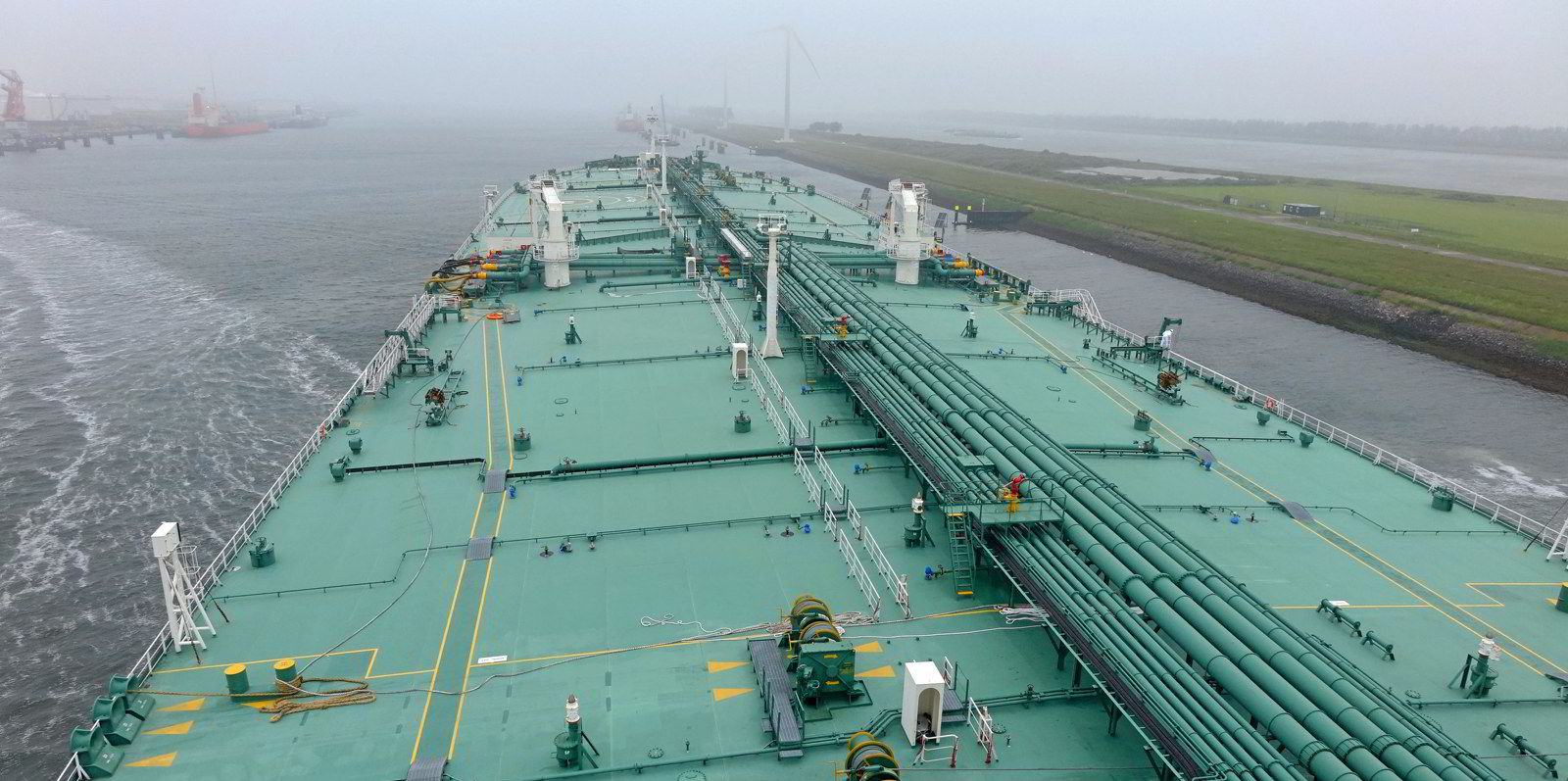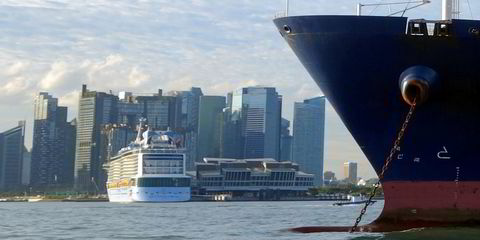The world’s biggest VLCC pool, Tankers International, has struck a deal to collaborate with the Baltic Exchange.
The two London operations will team up to boost data sharing and the provision of market insights.
Subscribers to Tankers International’s fixtures app will be able to access Baltic Exchange benchmarks and forward curves, plus information on bunker prices, fixing rates, laycan, demurrage and commissions.
“The data-sharing agreement will provide even greater quality insight and real-time updates for app users and will continue to support market stakeholders in understanding the current developments of the global VLCC market,” the pools company said.
First launched in 2014, Tankers International positions itself as the only publicly available source of comprehensive fixture data for the global VLCC fleet.
Charlie Grey, the company’s chief executive, said: “The dynamic nature of our market today means that shipowners, charterers and brokers all need quality data faster to support their decision-making.”
“Our partnership with the Baltic Exchange will enable even greater collaboration on real-time information that’s used by both our pool partners and our wider app subscriber base,” he added.
Subscribers include analysts and market investors.
Baltic Exchange CEO Mark Jackson welcomed the company to the exchange.
“We have been providing assessments for the tanker market for more than 25 years and continue to partner with like-minded and valued operators in the tanker sector to ensure our benchmarks remain at the heart of the global shipping industry. I look forward to many years of close dialogue with the team at Tankers International,” he added.
Three new VLCCs added
In October, Tankers International announced a deal to add three new VLCCs to the commercially managed fleet.
State-owned Kuwait Petroleum Corp is placing two ships with the company for the first time, and existing partner TRF Ship Management of Norway is adding another.
The deal brings the fleet to 66 VLCCs at a time when there are question marks over 24 former Euronav ships that operate in the pool but have now been bought by John Fredriksen’s Frontline for $2.35bn.





